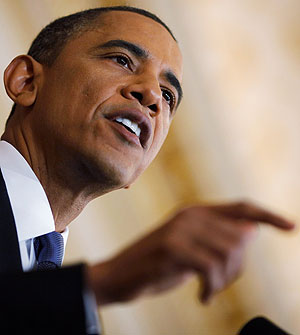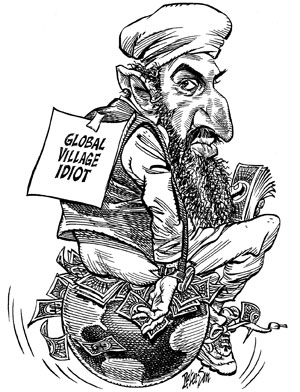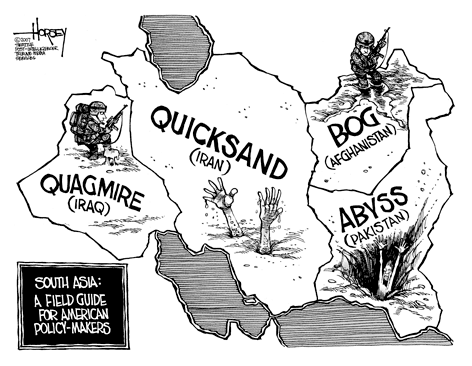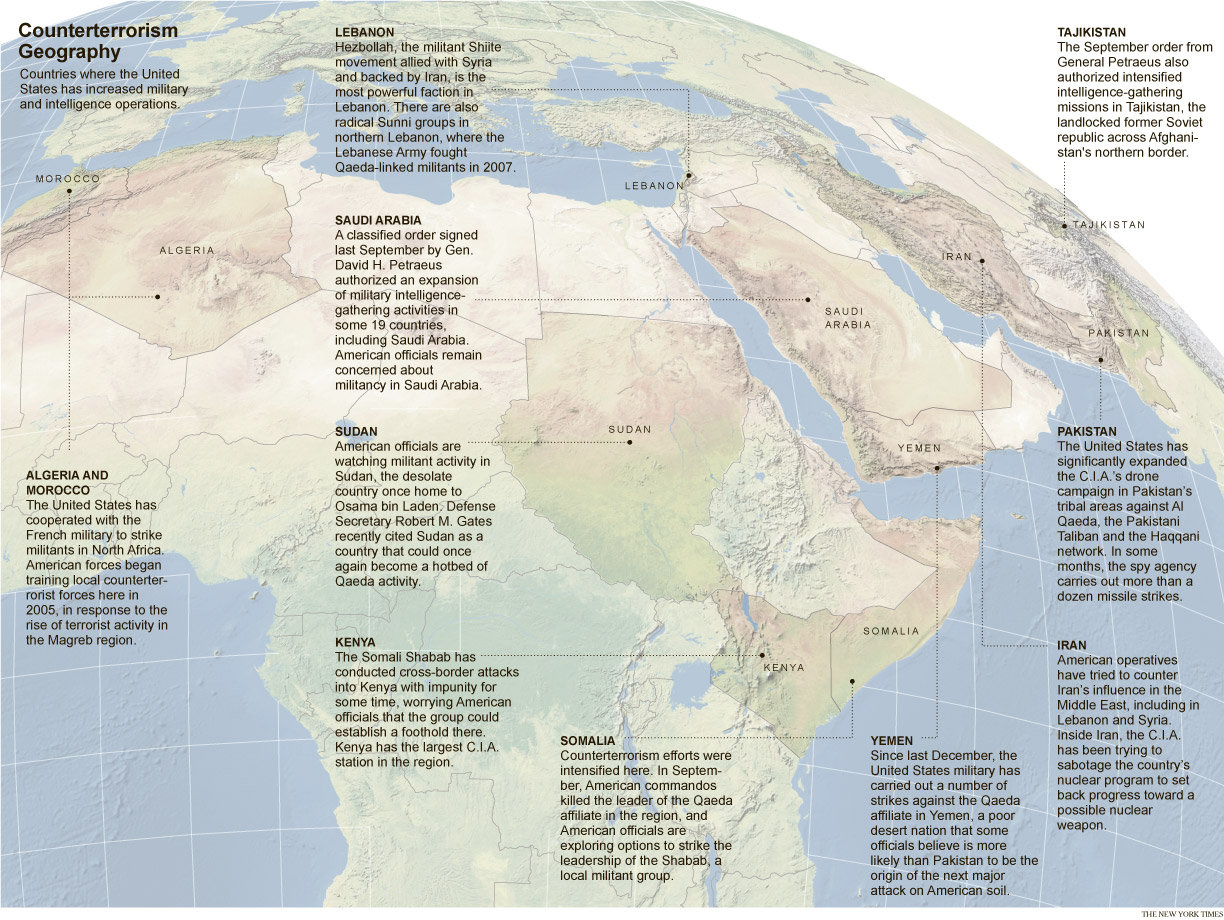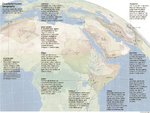 First chunk of what will clearly be a large series flow of information, and certainly an accompanying book from Dana Priest and William Arkin at the Washington Post.
First chunk of what will clearly be a large series flow of information, and certainly an accompanying book from Dana Priest and William Arkin at the Washington Post.
The general theme is, "Be amazed at how big our secretive defense world is!" Also, "Look how big it has grown since 9/11!" Finally, "Much of this work is redundant, useless in its overwhelming flow, and no closer to dot-connecting than before 9/11!"

All valid points but all also painfully predictable and well known. So the charges aren't particularly new or revealing, even as the great flow of anecdotes are well designed to make you especially anxious and frustrated. I would expect tons of air time for the duo, lots of op-eds bemoaning the details revealed, and the usual congressional grumblings.
But not a lot of positive action in reply.
Two bits caught my eye:
The overload of hourly, daily, weekly, monthly and annual reports is actually counterproductive, say people who receive them. Some policymakers and senior officials don't dare delve into the backup clogging their computers. They rely instead on personal briefers, and those briefers usually rely on their own agency's analysis, re-creating the very problem identified as a main cause of the failure to thwart the attacks: a lack of information-sharing.
This is why briefers ruled before 9/11 and it's why they still rule. The flow of info is too great for the system to handle. So the "just-tell-me-what-I-need-to-know-right-now" principal relies primarily on whomever does the all-purpose daily or weekly brief.
Second, befitting all "electronic-Pearl-Harbor-is-right-around-the-corner" media flow:
And all the major intelligence agencies and at least two major military commands claim a major role in cyber-warfare, the newest and least-defined frontier.
"Frankly, it hasn't been brought together in a unified approach," CIA Director Panetta said of the many agencies now involved in cyber-warfare.
"Cyber is tremendously difficult" to coordinate, said Benjamin A. Powell, who served as general counsel for three directors of national intelligence until he left the government last year. "Sometimes there was an unfortunate attitude of bring your knives, your guns, your fists and be fully prepared to defend your turf." Why? "Because it's funded, it's hot and it's sexy."
This is why the problem, which existed long before 9/11, gets worse inexorably over time: the latest crisis du jour becomes simply the newest layer of effort added on top of all the rest (in PNM, this was my explanation for how America's "national security interests" mushroom over time). Nobody and nothing ever get downgraded or truly eliminated because, once created, they take on a life of their own, with all sorts of bureaucrats and contractors protecting their programs. My favorite example is missile defense, which is now being touted in op-eds as our great response to North Korea and Iran. Not exactly how it started out, but heh, you work with what life gives you.
I don't mean to pooh-pooh the piece, which is very good and certainly rare enough in these days of tight budgets in the MSM. I just find the target too easy and too big, and, as I said above, I don't think this kind of reporting stands much chance of having any real impact because the whole long war mindset regarding transnational terrorism is too strong to crack right now, both for legitimate and illegitimate reasons. Everybody will decry all right, but nothing will be done. Even with the push to cut defense by untold billions over the next X years, a lot of this stuff will remain sacred.
And that's a shame, but the reporting here is all accurate. It's too big, too redundant, and too useless to justify the resource diversion. The investment should be in resilience in the face of bad things happening in this complex world, not intelligence fantastically tasked with preventing bad things from happening in the first place. There's real money to be made in the former, and way too much to be wasted on the latter.
 Thursday, July 14, 2011 at 10:13AM
Thursday, July 14, 2011 at 10:13AM 

 BFA:AFWC,
BFA:AFWC,  Gap,
Gap,  Long War,
Long War,  terrorism | in
terrorism | in  Time's Battleland |
Time's Battleland |  Email Article |
Email Article |  Permalink |
Permalink |  Print Article
Print Article 








